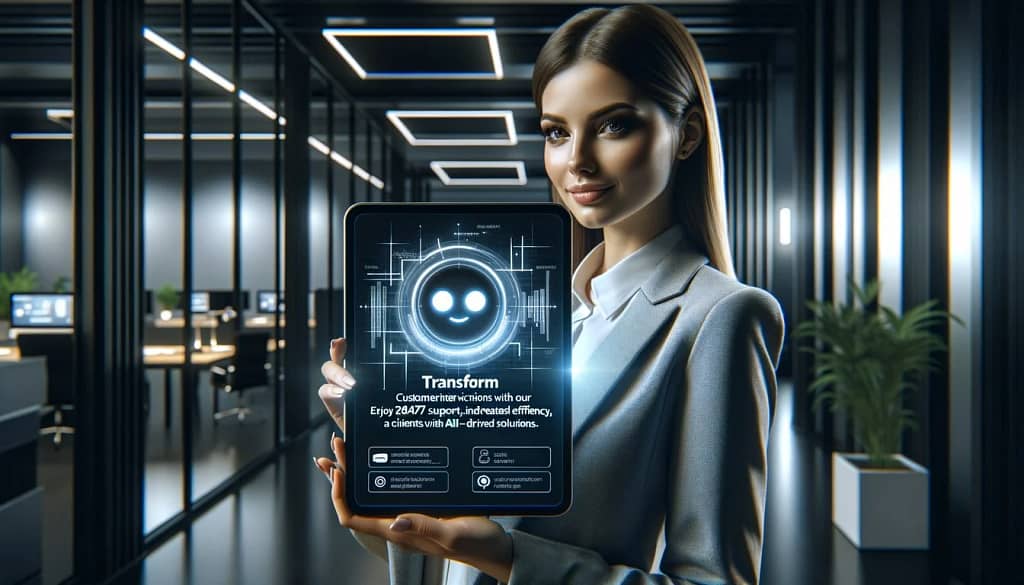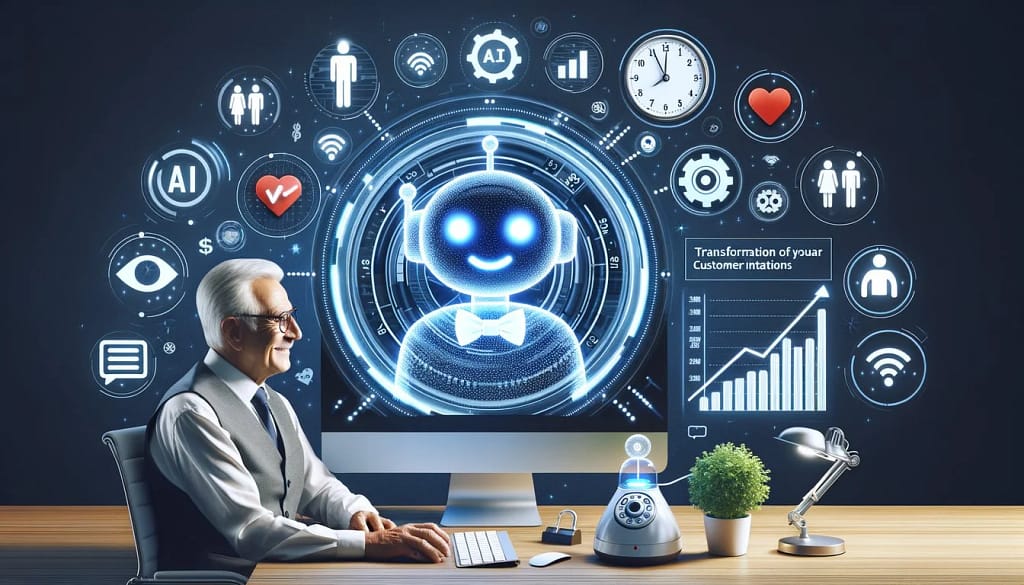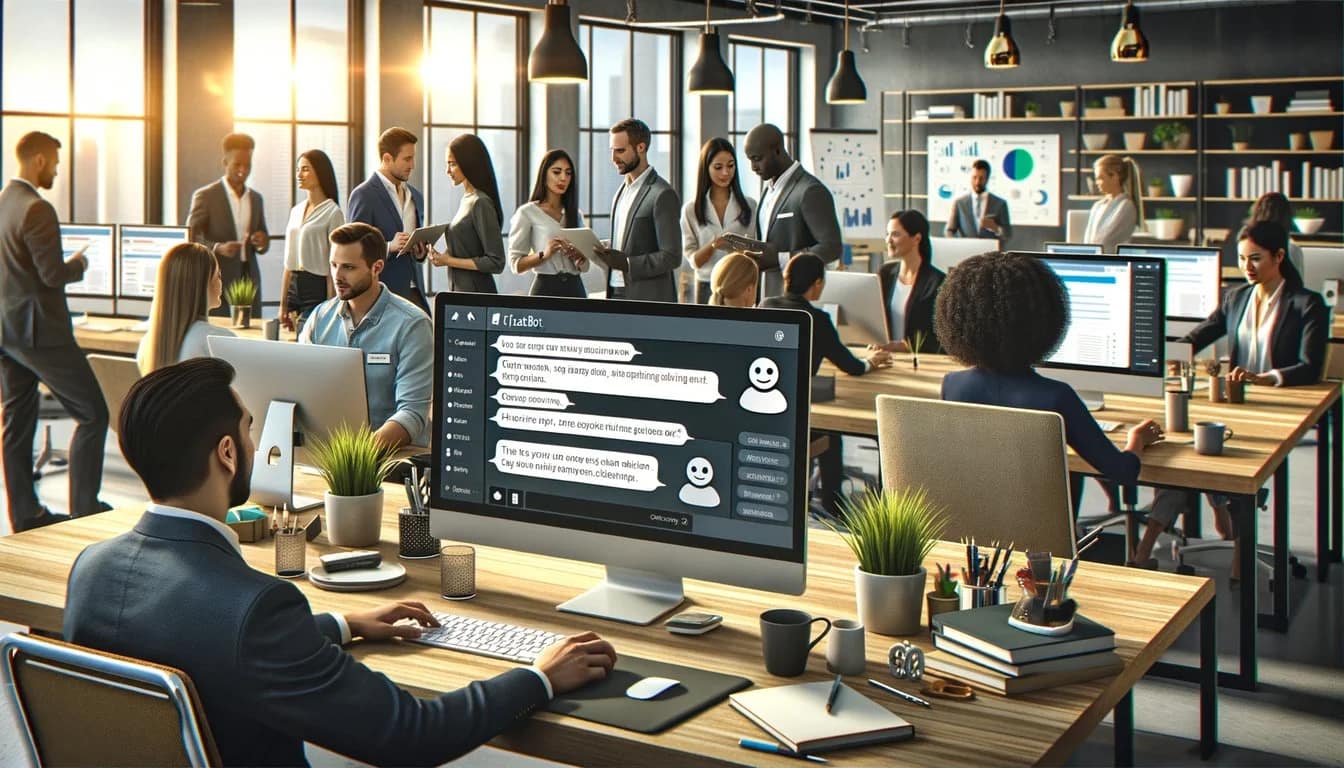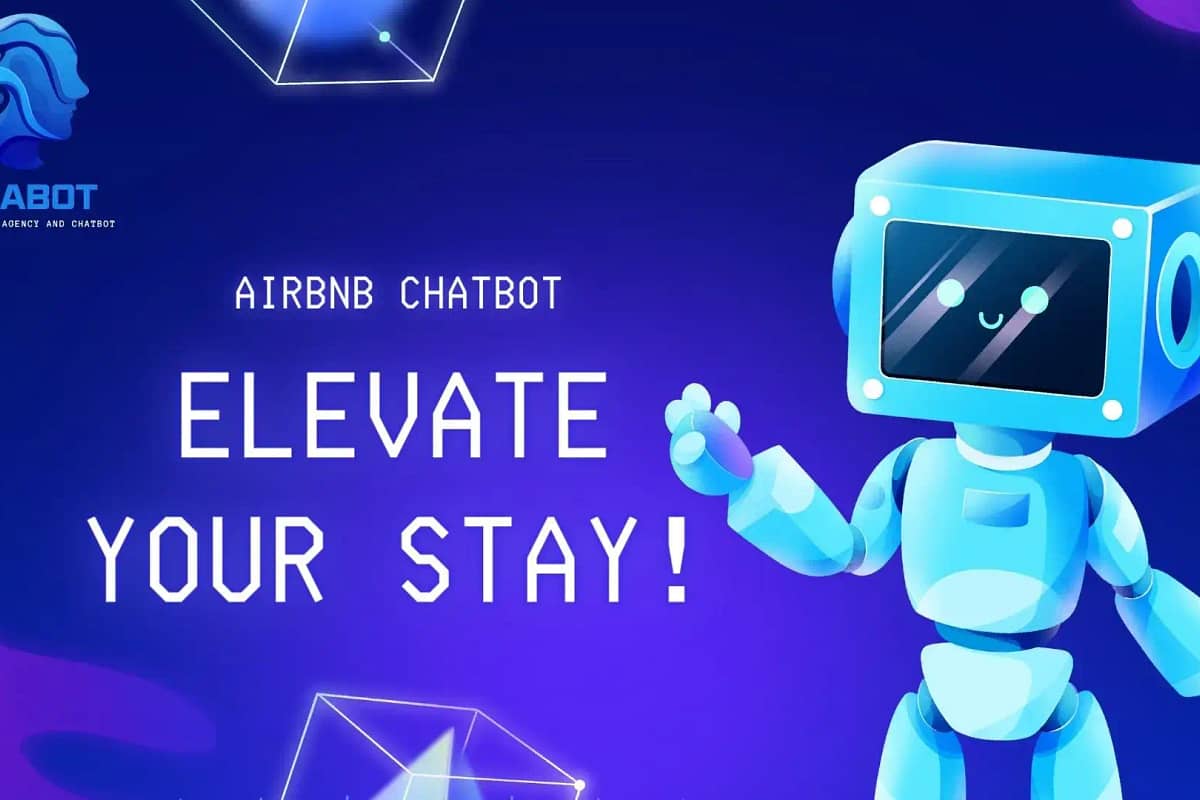Chatbot as a service is revolutionizing how businesses interact with customers. This technology offers real-time support, enhancing user experience and boosting efficiency. Companies of all sizes are integrating chatbots to streamline operations and improve customer satisfaction. From handling inquiries to processing orders, chatbots are becoming indispensable tools. They save time, reduce costs, and provide 24/7 availability. As AI evolves, the capabilities of these chatbots continue to expand. Dive into the world of chatbot services and discover how they can transform your business.
Key Takeaways
- Leverage Chatbots for Efficiency: Implementing chatbots can streamline customer service operations, providing quick and accurate responses to common inquiries.
- Cost-Effective Solution: Chatbots as a service offer a cost-effective alternative to traditional customer service methods, reducing the need for extensive human resources.
- Enhance Customer Experience: By using chatbots, businesses can offer 24/7 support, ensuring customers receive assistance at any time, improving overall satisfaction.
- Scalability and Flexibility: Chatbot services can easily scale with your business needs, allowing for adjustments in functionality and capacity as your customer base grows.
- Stay Ahead of Trends: Adopting chatbot technology positions your business at the forefront of digital innovation, preparing you for future advancements in AI and customer interaction.
- Data-Driven Insights: Chatbots can collect valuable data on customer behavior and preferences, providing insights that can inform business strategies and improve service offerings.

Chatbot as a Service: Understanding the Revolution
Basics and Types
Chatbots are software programs. They simulate human conversation. There are two main types: rule-based and AI-based. Rule-based chatbots follow pre-set rules. They can answer simple questions. AI-based chatbots use machine learning. They understand complex queries.
Rule-based chatbots are easy to set up. They work well for FAQs. AI-based chatbots learn over time. They improve their responses.
Benefits for Businesses
Chatbots offer many benefits to businesses. They provide 24/7 customer support. This helps customers at any time. Businesses save on labor costs by using chatbots. They handle multiple queries at once, increasing efficiency.
Chatbots also improve customer engagement. They offer personalized experiences. Customers receive quick answers, enhancing satisfaction. This leads to higher retention rates.
How They Work
Chatbots use natural language processing (NLP). NLP allows them to understand human language. When a user asks a question, the chatbot analyzes it. It then searches its database for the best response.
AI-based chatbots use algorithms to learn from interactions. They store data from past conversations. This data helps them improve future responses. Machine learning makes these chatbots smarter over time.
Why Chatbots for Customer Service
24/7 Availability
Chatbots operate round the clock. They don’t need breaks or sleep. This ensures customers receive help anytime they need it. For instance, a customer in a different time zone can get assistance at their convenience. This constant availability enhances user satisfaction.
Handling Capacity
Chatbots handle multiple queries simultaneously. Unlike human agents, they don’t get overwhelmed by high volumes of requests. During peak times, such as holiday seasons, chatbots manage increased traffic without delays. This ability to manage large volumes ensures no customer waits too long for help.
Personalized Interactions
Chatbots use data to personalize responses. They remember past interactions and preferences. For example, if a customer frequently asks about order status, the chatbot can prioritize this information. This level of personalization makes customers feel valued and understood.
Efficiency and Cost Savings
Chatbots reduce operational costs. They handle repetitive tasks, allowing human agents to focus on complex issues. This improves overall efficiency. Businesses save money on staffing and training expenses. Chatbots minimize errors, ensuring accurate and consistent responses.

Implementing Chatbot as a Service
Choosing the Right Platform
Selecting the right platform is crucial. Different platforms offer various features. Some popular ones include Dialogflow, Microsoft Bot Framework, and IBM Watson.
Consider your business needs. Evaluate each platform’s capabilities. Check if they support multiple languages. Look at their integration options with other tools.
Integration Process
Integrating a chatbot requires planning. First, identify the systems it will connect to. This can be your CRM or helpdesk software.
Next, follow these steps:
- Set up API connections.
- Configure webhooks for real-time updates.
- Test the integration thoroughly.
Ensure data flows smoothly between systems.
Training Your Chatbot
Training is essential for effectiveness. Start by feeding it with common queries. Use real customer interactions to build its knowledge base.
Regularly update its training data. Include variations of questions and answers. This helps improve accuracy over time.
Monitoring and Feedback
By consistently monitoring performance, you can ensure quality service. Track metrics like response time and user satisfaction.
Collect feedback from users. Analyze this data to identify areas for improvement. Make necessary adjustments based on insights.
Enhancing Customer Experience
Immediate Support
Chatbots offer immediate support to customers. They respond instantly to queries, reducing wait times. This is crucial for businesses operating 24/7. Customers no longer have to wait for business hours. Instead, they get help right away.
Consistent Service Quality
Chatbots provide consistent service quality. Unlike human agents, they do not get tired or make errors due to fatigue. They follow predefined scripts and protocols. This ensures that every customer receives the same level of service.
Customer Satisfaction Metrics
Customer satisfaction metrics improve with chatbots. Faster response times lead to happier customers. Reduction in error rates also contributes to higher satisfaction levels. Businesses can track these metrics easily. They can see how chatbots impact overall customer experience.
Case Studies
Real-life examples show the effectiveness of chatbots. For instance, in 2018, Sephora launched a chatbot on Facebook Messenger. It helped customers book appointments and find products. Customer engagement increased by 11% within the first month.
Another example is H&M’s chatbot on Kik messenger. It provided fashion advice and outfit suggestions. This led to a significant increase in online sales.
Future of Chatbots in Business
AI and Machine Learning
AI and machine learning are transforming chatbots. These technologies help chatbots understand and respond better. They learn from interactions, improving over time.
Businesses benefit from this evolution. Chatbots become more accurate and efficient. They handle complex queries, providing better service.
Predictive Analytics
Predictive analytics is another key trend. Chatbots use data to predict customer needs. This makes interactions more personalized.
For example, a chatbot might suggest products based on past purchases. This enhances the customer experience further. Businesses gain insights into customer behavior.
Expanding Use Cases
Chatbots are expanding beyond customer service. They now assist in sales, marketing, and HR. In sales, they qualify leads and schedule meetings.
In marketing, chatbots engage customers with promotions. In HR, they help with recruitment and employee onboarding. The versatility of chatbots makes them valuable across various departments.
Closing Thoughts
Chatbot as a Service is a game-changer for your customer interactions. It’s clear that chatbots can revolutionize how you handle customer service, making it more efficient and personal. Implementing these tools can boost customer satisfaction and streamline operations.
Ready to elevate your customer experience? Dive into the world of chatbots today. Embrace this technology and stay ahead in the competitive landscape. Don’t miss out on the future of business innovation. Start now and watch your customer engagement soar!
Frequently Asked Questions
What is a chatbot?
A chatbot is a software application designed to simulate human conversation. It uses AI to understand and respond to text or voice inputs.
Why should businesses use chatbots for customer service?
Chatbots provide 24/7 customer support, reduce wait times, and improve customer satisfaction. They handle repetitive queries efficiently, freeing up human agents for complex issues.
How does Chatbot as a Service work?
Chatbot as a Service (CaaS) offers ready-to-use chatbot solutions hosted on cloud platforms. Businesses can deploy these without extensive technical knowledge or infrastructure.
Can chatbots enhance the customer experience?
Yes, chatbots offer instant responses, personalized interactions, and consistent service. This leads to improved customer satisfaction and loyalty.
What are the benefits of implementing Chatbot as a Service?
CaaS reduces costs, speeds up deployment, and provides scalability. It also ensures regular updates and maintenance handled by the service provider.
Are chatbots secure for business use?
Yes, reputable CaaS providers implement robust security measures. These include data encryption and compliance with industry standards to protect sensitive information.
What is the future of chatbots in business?
The future looks promising with advancements in AI and machine learning. Chatbots will become more intuitive, offering even more personalized and efficient customer interactions.






